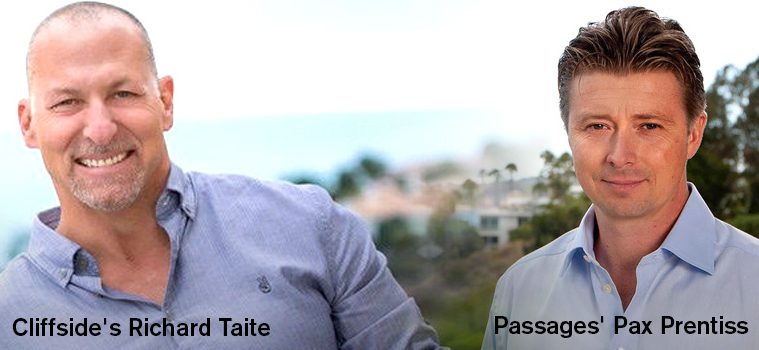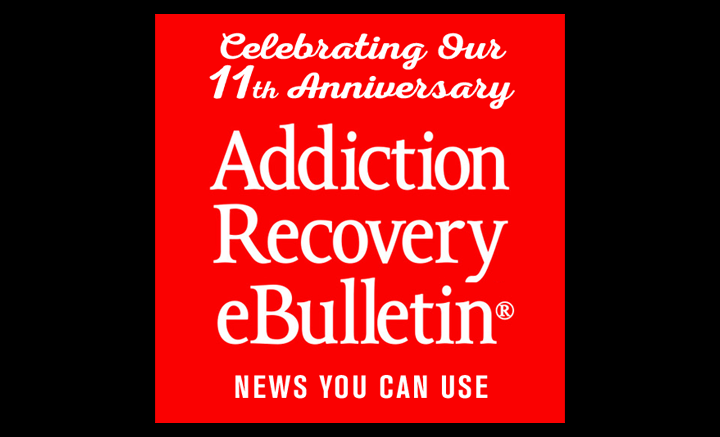Rehab Wars –
February 12, 2020 – Taite and Cliffside filed a countersuit exposing that Prentiss’s network of unbranded referral websites had been used for nearly a decade to “get traffic, and get CALLS,” as Prentiss wrote in an email in 2009. Prentiss subsequently ordered a campaign in 2016 to “get Fix off our back.” Among the sham sites directing consumers to Passages were a fake newspaper; a nonexistent college; and “baltimorehealth.org,” which misleadingly featured the city of Baltimore’s official seal. Cliffside is “hiding behind journalism and fake reviews,” Passages employee Mark Bailey told Prentiss in an email at the time. “We’ll beat them at their own game.”
Ryan Hampton, an advocate for reform in the addiction industry, says deceptive advertising practices and big budgets have allowed Passages and Cliffside to “outgame” reputable treatment providers for the past decade. Taite, for instance, spent $25 million on advertising for his multiple properties from 2011 to 2018—more than four times the combined amount he spent on doctors, nurses, and therapists. In some years Cliffside spent more on massages than on therapists.
“It’s sad to see this play out in civil court because it should be in criminal court,” added Hampton. These online marketing tactics have “essentially kept people from getting real life-saving treatment.” (Passages and Taite declined to comment for this story. John Peloquin, president of Discovery Behavioral Health, which purchased Cliffside from Taite in 2018, said the rehab is “under new management and the former owner is no longer affiliated with our organization.”)



